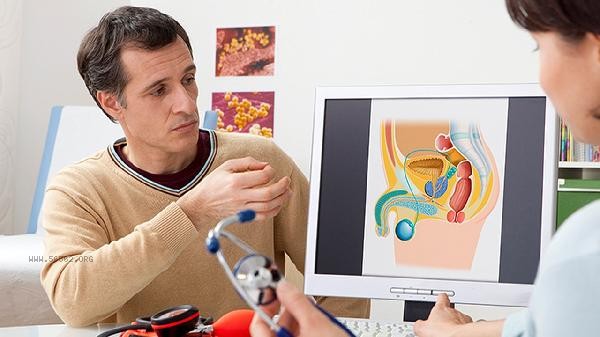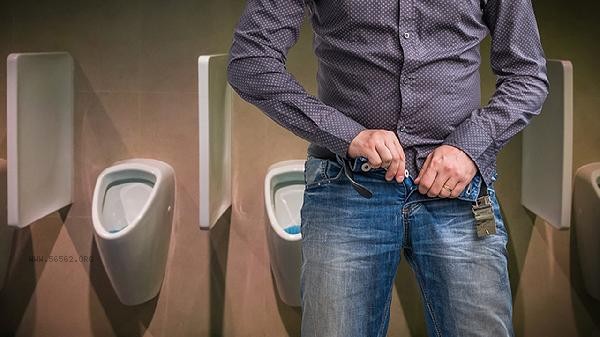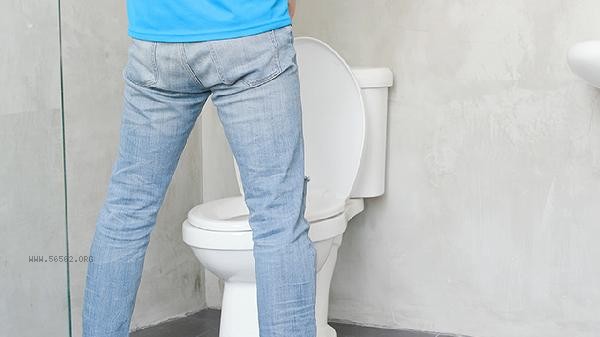Male urethral pain and painful urination can be relieved by drinking plenty of water, applying hot compress to the perineum, taking antibiotics, using painkillers, and seeking medical examination. Urethral pain and painful urination are usually caused by urinary tract infections, urethral stones, prostatitis, sexually transmitted diseases, urethral injuries, and other reasons.

1. Drink plenty of water
Maintaining a daily water intake of 2000-3000 milliliters can help dilute urine concentration and reduce irritation to the urethral mucosa during urination. It is recommended to choose warm water or light bamboo leaf tea, and avoid drinking alcoholic, caffeinated, or carbonated beverages. For those who experience significant pain during urination, they can try to urinate in segments, releasing a small amount of urine each time to alleviate discomfort.
2. Apply a hot towel at around 40 ℃ to the perineum for 15-20 minutes, repeating 3-4 times a day. Hot compress can promote local blood circulation, relieve urethral smooth muscle spasms, and has a good effect on pain caused by prostatitis or non infectious urethral stimulation. Care should be taken to prevent burns during operation, and patients with diabetes should use it with caution.
3. Taking antibiotics
Levofloxacin tablets, Cefotaxime capsules, and Fosfomycin Aminobutriol Powder are suitable for bacterial urinary tract infections. These drugs can inhibit the proliferation of common pathogenic bacteria such as Escherichia coli and Staphylococcus aureus, and the entire course of treatment must be completed during the medication period. Before use, it is necessary to determine the type of pathogenic bacteria through urine culture to avoid self misuse of antibiotics. 4. The use of analgesic drugs such as ibuprofen sustained-release capsules, acetaminophen tablets, celecoxib capsules, and other nonsteroidal anti-inflammatory drugs can alleviate urinary pain. This type of medication reduces inflammation by inhibiting prostaglandin synthesis, but may cause gastrointestinal discomfort. Patients with gastric ulcers should avoid taking it on an empty stomach. Severe pain patients should use opioid analgesics under the guidance of a doctor.
5. Medical examination

When hematuria, fever, lower back pain, or symptoms persist for more than 3 days, urine routine, urinary ultrasound, prostate-specific antigen testing, and other examinations should be performed. These tests can distinguish diseases such as urethral stones, acute prostatitis, gonococcal urethritis, etc. If necessary, catheterization, extracorporeal lithotripsy, or surgical treatment may be required.
During urinary tract pain, avoid spicy and irritating foods, choose breathable cotton underwear, and keep the perineum clean. Wash the external genitalia with warm water daily and pay attention to cleanliness before and after sexual activity. It is recommended to keep a urine diary, including changes in urination frequency, urine volume, and pain level, and provide it to doctors for reference during follow-up visits. Long term sedentary individuals should get up and move around every hour, and cycling time should not exceed 30 minutes. If symptoms recur or are accompanied by other abnormal manifestations, it is necessary to seek medical attention promptly at the urology department.









Comments (0)
Leave a Comment
No comments yet
Be the first to share your thoughts!